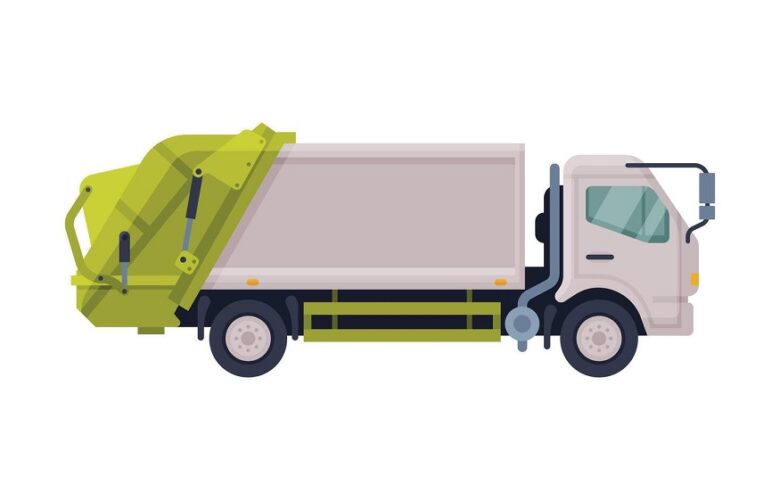Introduction
The hotel industry has experienced dramatic change over the years due to technological innovations. One area where technology has had an immense effect is revenue management software; here, we explore this concept as it applies to hotels and the necessity for having an RMS system in place.
Understanding Revenue Management
Before exploring software revenue management in detail, it’s essential to have a basic grasp on revenue management itself. Revenue management involves strategically adjusting pricing and availability in order to maximize revenues and profits.
Challenges facing in implementing Hotel Revenue Management
The hotel industry faces unique revenue management issues. Specifically, in hotels this entails setting room rates while managing inventory to optimize profit while guaranteeing high customer satisfaction levels.
- Seasonal Demand: Hotels often experience seasonal variations in demand. For example, beachfront resorts might see high occupancy in summer but fewer customers in winter.
- Competitive Pricing: Hotels must compete with similar properties in their area for bookings and rates can become increasingly reduced as competition arises between properties in an attempt to stay ahead of their rivals. This competition can cause price wars to occur between competing hotels in an effort to bring costs down for all guests.
- Dynamic Pricing: Prices should be adjusted dynamically to accommodate changes in demand, competitor pricing strategies and other external influences.
- Distribution Channels: Hotels distribute their rooms through various distribution channels, including online travel agencies (OTAs), their own website, and direct booking. Managing these channels can be complex.
- Demand Forecasting: Accurately forecasting future demand is vital to revenue management, and miscalculation can result in lost sales.
Essential Role in Hotel Revenue Management
To be effective at hotel revenue management system, software has become an essential asset.
- Data Analysis: Revenue management software allows hotels to analyze a vast amount of data – such as past booking patterns, market trends and competitor pricing – in order to make informed decisions. This approach equips them with tools necessary for effective revenue management practices.
- Price Optimization: Software can easily calculate optimal prices based on demand, occupancy and other factors in real-time to ensure rooms are priced competitively while simultaneously optimizing revenue generation.
- Channel Management:Hotel revenue management systemcan assist hotels in optimizing inventory and pricing across their various distribution channels, to ensure rooms are available for sale on each platform at their optimal prices.
- Forecasting: Modern algorithms and machine learning models can be integrated into revenue management software to enhance demand forecasting accuracy, helping hotels make informed pricing decisions in advance.
- Automating: Many repetitive revenue management tasks such as rate adjustments and inventory control can be automated with software. This frees up staff time to focus on strategic decisions.
Selecting an Appropriate Software Revenue Management System
Establishing the most suitable revenue management software system is vital to any hotel’s success.
- Scalability: Make sure the software can grow with your hotel as it accommodates changes to room counts, properties, distribution channels and distribution channels.
- Integration: When looking for the ideal system to integrate with your property management system (PMS), central reservation system (CRS), or any other technology solutions, look for one which offers seamless compatibility.
- Customization: Your system should allow for customizing pricing strategies and rules according to the specific needs and market conditions of your hotel.
- User-Friendly Software: Your software should feature an intuitive user interface so your team can quickly learn and use it effectively.
- Support and Training: It is essential to review the level of support and training provided by any software vendor to fully maximize its benefits. Ongoing support must remain accessible if users want to reap all its potential.
Implementing Software Revenue Management
While the challenges involved with implementing revenue management software may be real, they aren’t insurmountable.
1. Cost Management
For smaller hotels on limited budgets, implementing an advanced revenue management system may seem prohibitively expensive; however, many software providers provide tiered pricing models which make their systems accessible to most properties. Also keep in mind the return on investment (ROI). By optimizing pricing strategies and increasing revenue streams quickly enough, your ROI could quickly repay itself!
2. Staff Training
For optimal use of revenue management software systems, staff should receive comprehensive training. Many software providers offer programs and resources designed to teach teams how to use their software effectively. Investing in training not only increases system performance but also empowers staff members with data-driven decision-making power.
3. Data Quality
Revenue management software’s accuracy depends heavily on the quality and consistency of its processed data, so make sure your hotel’s data is clean, consistent, and up-to-date. Review and clean your data periodically in order to prevent errors and inconsistencies which could result in inaccurate pricing decisions.
4. Change Management
Resistance to change can be a big hurdle in implementing new systems. To help overcome it, involve your employees in the decision-making process and emphasize how beneficial the new system will be for both them and the hotel itself. Also communicate clearly why changes are occurring while offering ongoing support throughout its transition phase.
Competitive Pressure
As more hotels adopt advanced revenue management systems, competition increases. To stay ahead, continually monitor market trends and stay aware of your competitors’ pricing strategies – an approach which enables you to adjust pricing and distribution tactics as market dynamics shift.
The Future of Software Revenue Management
Software revenue management in the hotel industry holds great promise. As technology develops further, revenue management systems will become ever more sophisticated and capable.
- Artificial Intelligence (AI) and Machine Learning: AI and machine learning will play an increasingly prominent role in revenue management, helping hotels make more precise pricing decisions while improving demand forecasting. These technologies can analyze vast datasets in real time for better demand forecasting.
- Personalized Pricing and Packages: Hotels increasingly utilize data and technology to offer personalized pricing and packages to guests, creating an outstanding guest experience while increasing loyalty and revenue. This approach can create increased brand advocacy as well as generate significant savings over time.
- Dynamic Packaging: Dynamic packaging allows hotels to combine room rentals with services such as dining, spa treatments, and activities in packages that optimize revenue management systems for maximum ancillary services revenue generation.
Conclusion
In today’s competitive hotel industry, software revenue management is no longer a luxury but an absolute necessity. Being able to analyze data, optimize pricing strategies, and manage distribution channels efficiently can mean the difference between success and failure for hotel businesses. With technology ever-evolving, hoteliers need software revenue management in order to stay ahead of the game while offering exceptional guest experiences while increasing profits while staying ahead of competition. With the right system in place, hotels can navigate the complexities of an ever-evolving market successfully and achieve success!




